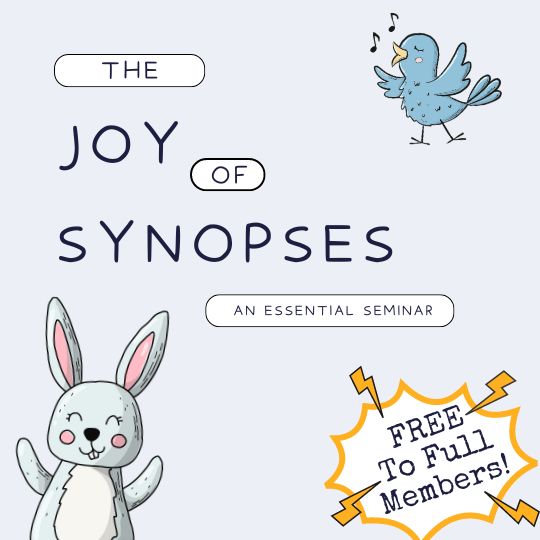I saw an interesting article in the NY Times today: http://www.nytimes.com/2016/09/25/o...ight-region&WT.nav=opinion-c-col-right-region
This is an issue of huge importance here in NZ. In non-fiction, Pakeha (non-Maori) are pretty much no longer allowed to write anything about Maori unless they are gifted that right by the local iwi (tribe), and then whatever they right has to be approved by the local iwi. It spills over into fiction, too. My most recent novel is set in NZ, and I wanted to give the cast of characters the same cultural diversity as the country--1 in 5 New Zealanders was not born in New Zealand, after all. It would have been unfathomable to leave out the native Maori from my cast, and yet I was extremely wary about including Maori characters, knowing that no matter how careful I was, no matter how unimportant to the story their ancestry might be, I would be criticised for writing a Maori character as a Pakeha. But to leave them out seems, in my mind, a more egregious error.
What do you all feel about this? Where do you draw the line between fairly showing the cultural diversity of the world and inappropriately telling someone else's story?
This is an issue of huge importance here in NZ. In non-fiction, Pakeha (non-Maori) are pretty much no longer allowed to write anything about Maori unless they are gifted that right by the local iwi (tribe), and then whatever they right has to be approved by the local iwi. It spills over into fiction, too. My most recent novel is set in NZ, and I wanted to give the cast of characters the same cultural diversity as the country--1 in 5 New Zealanders was not born in New Zealand, after all. It would have been unfathomable to leave out the native Maori from my cast, and yet I was extremely wary about including Maori characters, knowing that no matter how careful I was, no matter how unimportant to the story their ancestry might be, I would be criticised for writing a Maori character as a Pakeha. But to leave them out seems, in my mind, a more egregious error.
What do you all feel about this? Where do you draw the line between fairly showing the cultural diversity of the world and inappropriately telling someone else's story?



